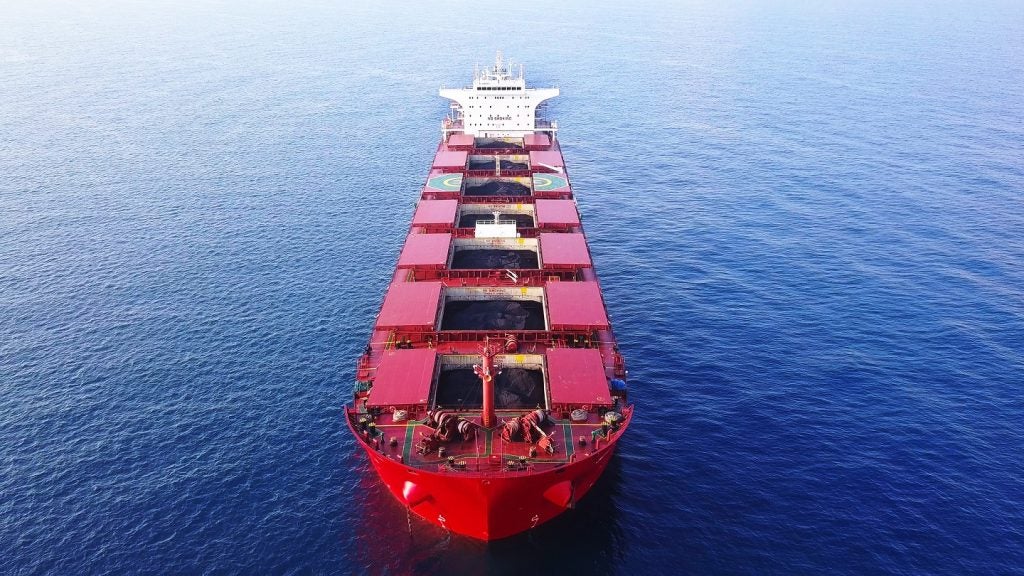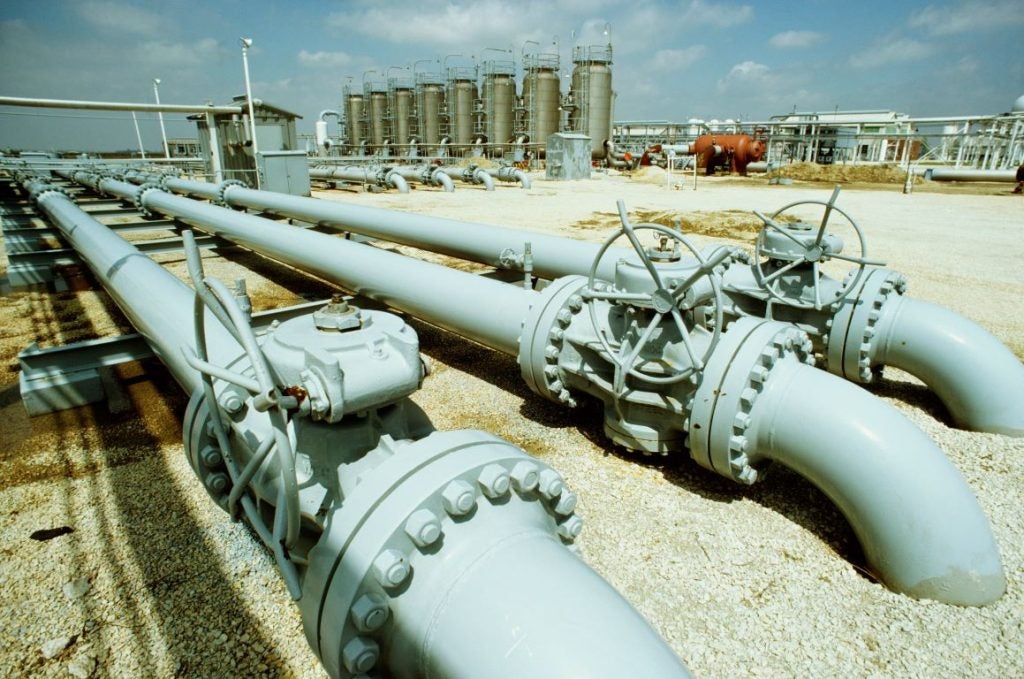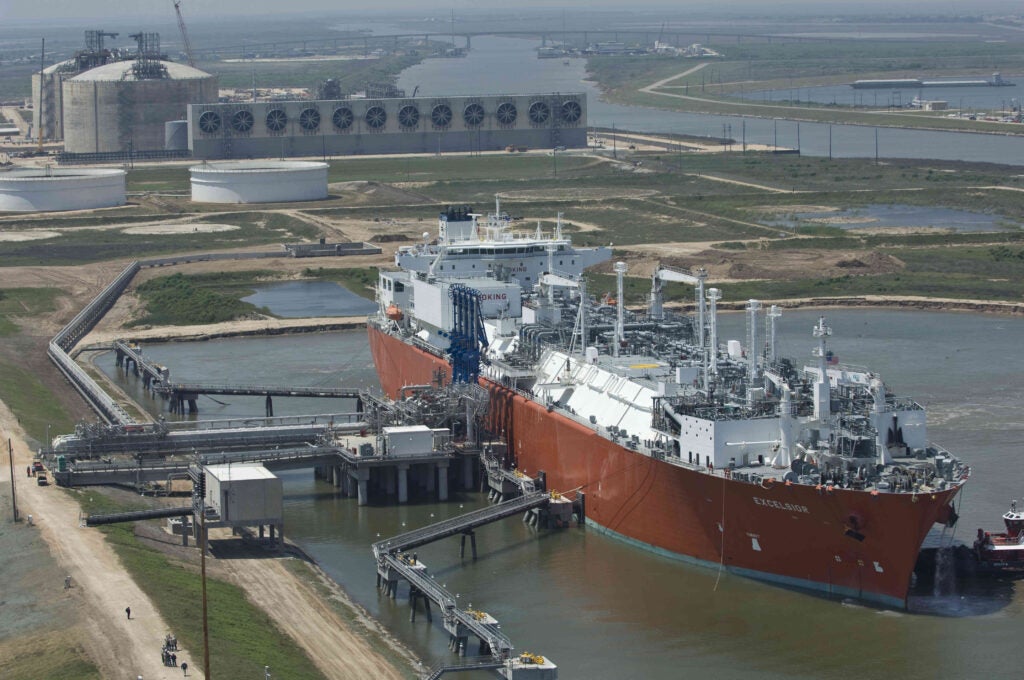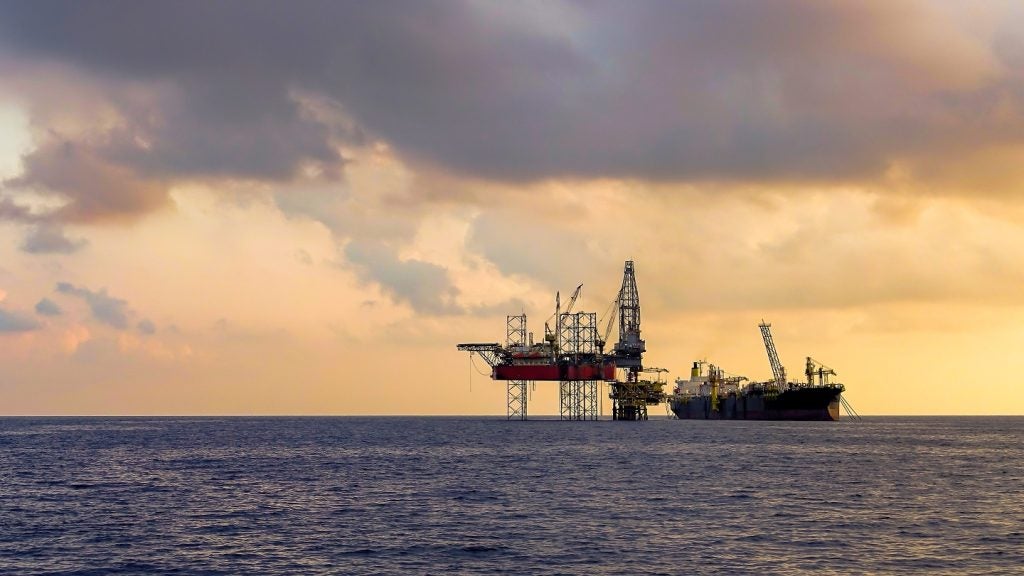Staffhorst Nord/Paepsen Z is a producing conventional gas field located onshore Germany and is operated by Wintershall Dea. According to GlobalData, who tracks more than 34,000 active and developing oil and gas fields worldwide, the field is located in block Scholen. Buy the profile here.
Field participation details
The field is owned by BASF and LetterOne Holdings.
Production from Staffhorst Nord/Paepsen Z
The Staffhorst Nord/Paepsen Z conventional gas field recovered 82.44% of its total recoverable reserves, with peak production in 2018. Based on economic assumptions, production will continue until the field reaches its economic limit in 2042.
About Wintershall Dea
Wintershall Dea AG (Wintershall Dea), formerly Wintershall Dea GmbH, explores for production of oil and natural gas. The company holds expertise in conducting geological studies, geophysical measurements, seismic surveys, reservoir modeling, field development, onshore and offshore production, hydraulic fracturing, drilling, steam flooding, and polymer flooding. It operates in Aitingen Barnstorf, Emlichheim, Mittelplate, Landau, Eastern Sirte Basin, Yuzhno Russkoye, Gjoa, Vega and Neuquen fields among others. The company has a presence in Germany, the Netherlands, Norway, the UK, Denmark, Libya, Argentina, Western Siberia and Southern Russia. It operates through partnerships with companies including Gazprom and LUKOIL, among others. Wintershall Dea is headquartered in Kassel, Hessen, Germany.
For more details on the Staffhorst Nord/Paepsen Z Conventional Gas Field, buy the profile here.
Premium Insights
From

The gold standard of business intelligence.
Blending expert knowledge with cutting-edge technology, GlobalData’s unrivalled proprietary data will enable you to decode what’s happening in your market. You can make better informed decisions and gain a future-proof advantage over your competitors.







